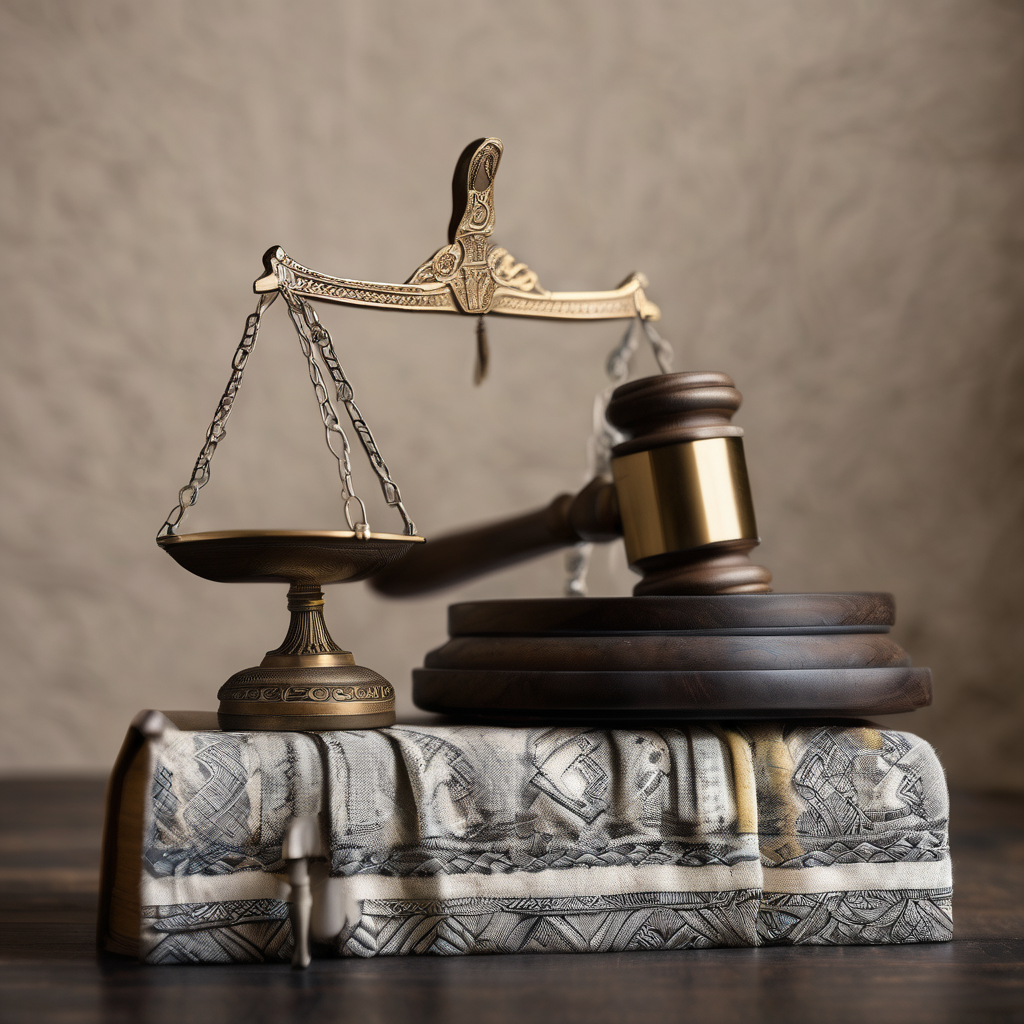Syria has embarked on a pivotal new phase as the first trial of suspects involved in the brutal violence during March takes place. This trial is seen as a crucial test of President Ahmed al-Sharaa’s commitment to accountability following a devastating wave of violence that claimed the lives of hundreds from the Alawite minority.
Judicial sources report that the trial involves a dozen defendants, split between those allegedly involved in attacks against Alawite communities and those accused of assaulting government forces, actions that incited the violence. The chaos erupted amidst a backdrop of increased sectarian tensions following the ousting of former president Bashar al-Assad by Sunni Islamist rebels in December, which ended over five decades of authoritarian rule.
The trial, conducted in a public session at the Aleppo Court of Justice, has seen defendants charged with serious offenses including fomenting civil war, secession, premeditated murder, and looting. Testimonies indicate that both groups of defendants engaged in violence that resulted in civilian deaths and assaults on military installations. Prosecutorial efforts have targeted around 300 individuals linked to armed factions connected to the army and approximately 265 individuals tied to former Assad-era paramilitary groups, revealing the extensive impact of the unrest.
A notable investigation earlier this year by Reuters indicated that Syrian forces killed nearly 1,500 Alawites in a frenzied response to an uprising led by remnants of Assad’s military loyalists. A government fact-finding committee later reported 1,426 casualties resulting from these attacks, highlighting the significant toll of these conflicts.
The Syrian authorities insist that they are committed to a new era marked by accountability, contrasting sharply with past decades when military personnel largely operated beyond the reach of justice. However, this commitment is met with skepticism from anti-government activists and Alawite advocates, who argue that the process lacks genuine independence.
U.N. investigators have suggested that war crimes were likely committed by both interim government forces and those loyal to the previous regime during the violence, reflecting the complex interplay of power and accountability in the aftermath of the regime change. Al-Sharaa has openly condemned the violence and emphasized the importance of addressing those responsible, asserting it as vital to his mission of uniting the fragmented country.
Deputy Minister of Justice Mustafa al-Qassem remarked that these trials signify the beginning of a sustained effort to hold accountable not only the recent perpetrators but also those responsible for past atrocities during the Assad dynasty. “The trials won’t stop at the coastal violations. They will continue to include the leading criminals who perpetrated crimes and mass killings in past years,” he stated, emphasizing a broad approach to justice.
As Syria grapples with its tumultuous past, recent developments also underscore the broader regional implications of the country’s fragile political climate. With continued sectarian violence and human rights violations, the path towards a stabilized Syria remains fraught with challenges. Nonetheless, the initiation of these trials ignites a flicker of hope for accountability and reconciliation, suggesting potential progress in addressing the grievances that have long plagued the nation.
